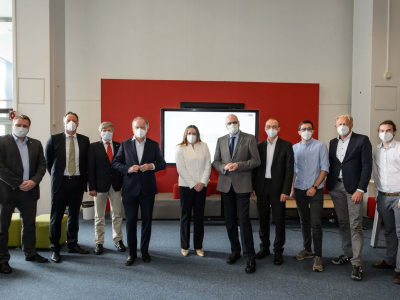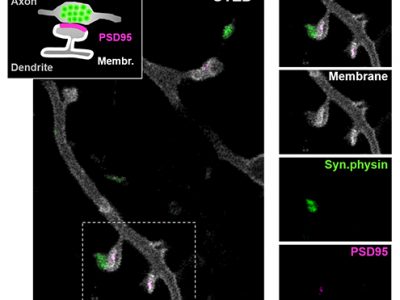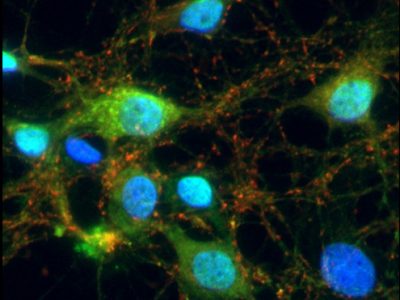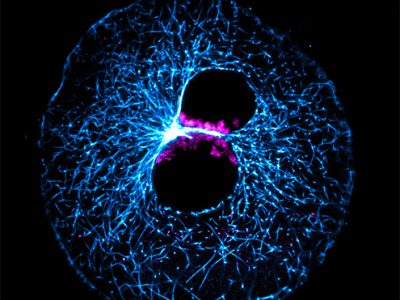DPG “Medaille für naturwissenschaftliche Publizistik 2021” for Viola Priesemann
The German Physical Society (Deutsche Physikalische Gesellschaft, DPG) awards the “Medaille für naturwissenschaftliche Publizistik 2021” to MBExC member Viola Priesemann. The DPG thereby recognizes her exceptional commitment regarding science communication and advice of scientists and politics in the context of Covid-19 pandemic. Link to the German Physical Society press release











